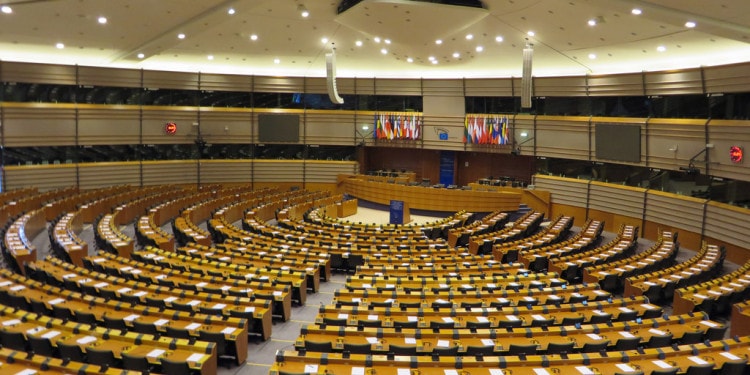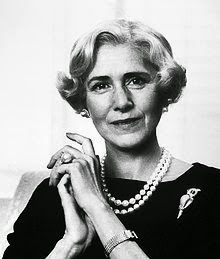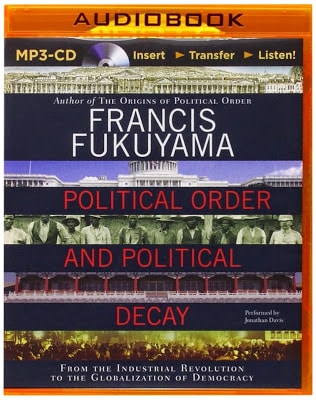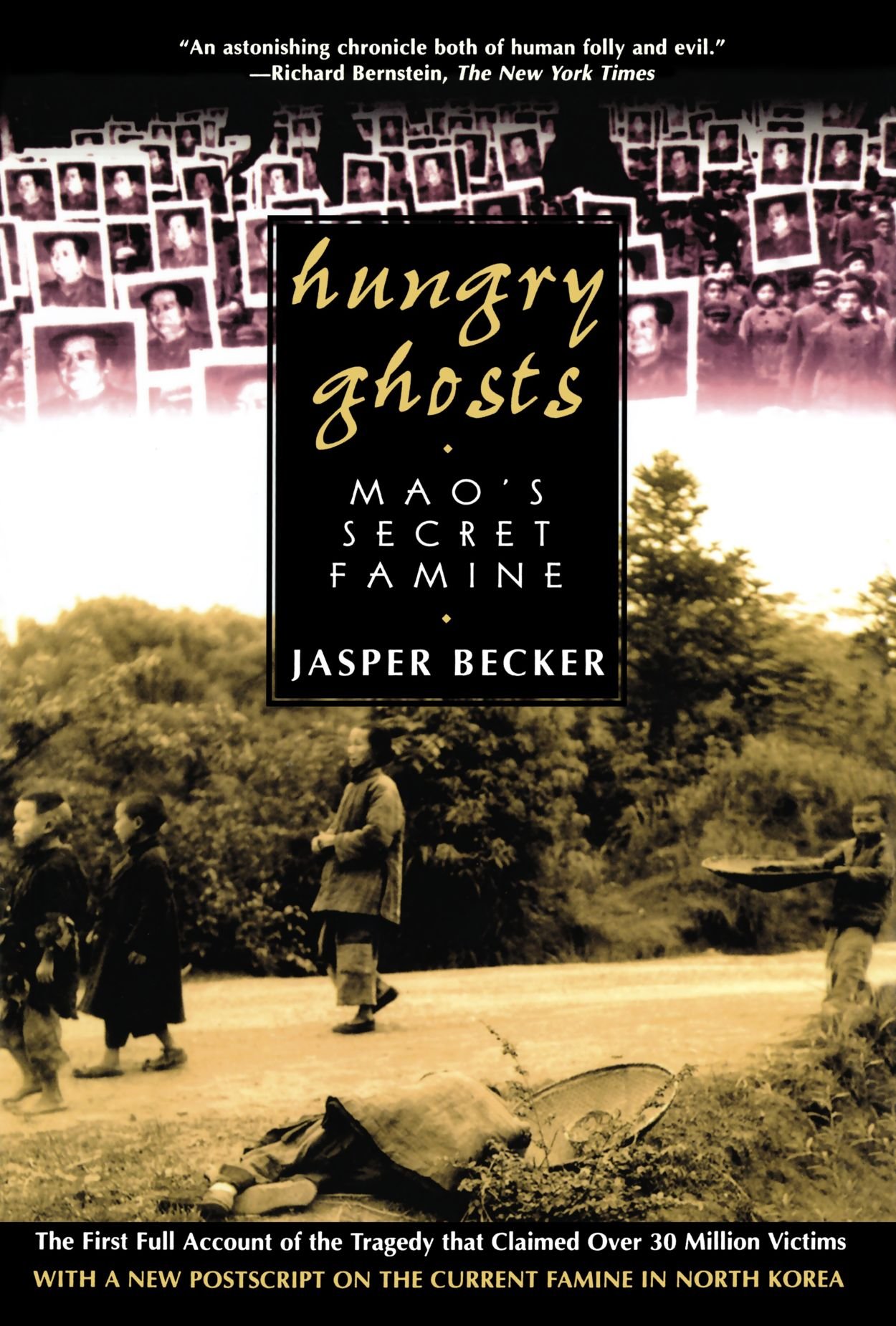Should Politicians pass an EXAM like diplomats do, in order to represent their country / people ?
That question was recently asked on Voice Polls, a new, fast-growing online site that gathers people’s opinion, you can see it here . Or answer the question and find out immediatelly:
So most people think politicians should pass some sort of test to prove they are professionals able to exercise the task of managing a country. And perhaps even “representing” it, as the question phrases it, no doubt in reference to the kind of demanding exams that diplomats have to pass in order to start their career – at least this is the case in the most “advanced” countries, like France, the UK or Italy. Although it should be noted that recently more countries, including France, have started to follow the example of the United States, where the habit of sending political cronies of the winning President as American Ambassadors to London, Paris, Moscow and any number of the major world capitals is deeply ingrained. A habit that by-passes career diplomats with often disastrous consequences for the American image abroad. Not everyone is Clare Booth Luce in Rome!
An additional reason why so many people would like to see politicians pass an exam is no doubt linked to the increasing disappointment with democracy and the political class. In many elections – especially in Western Europe – the largest party is that of the non-voters, people disgruntled with the system and with the obvious, rampant corruption of the so-called political “elite”.
Add to this the increasingly demanding task of managing a modern “res publica” – governing not only an increasingly complex economy but international relations in a battered world going global. It would seem that a leader’s job in the 21st century is a challenge that requires the kind of preparation that most politicians do not have.
This – identifying politicians that are well prepared for the task – would appear to be a new problem. Throughout History, political leaders were either warlords or their progeny: power was hereditary. The question makes sense only in a democracy yet, in the 19th century, it didn’t come up. As the Industrial Revolution spread through the world and an increasing number of countries copied the democratic model of the UK and the US, political leaders came from the new industrial class, the bourgeois, the capitalists – moneyed people with a humanist education, a strong sense of History and attachment to their own country. Their legitimacy was unquestioned, the vote ensured that they “represented” the people, they were the undisputed “vox populi”.
Whatever problem was seen to remain was that of administering the state. And that was the role of the new, rising bureaucracy. The 19th century saw the birth of the concept of the “civil service” – a bureaucracy to “serve the people”. Much debate about how to create an honest, efficient bureaucracy occupied political thinkers and politicians in the UK and US throughout the century, as magnificently documented by Francis Fukuyama in his latest book, Political Order and Political Decay.
But that world ended with World War I. When Lenin launched the Soviet Union in 1917, a different management model of the “res publica” was ushered in: party leaders became heads of state. Politicians best versed in their parties’ ideology and in power plays with their rivals took the helm of government. Lenin had a law degree, he was a political theorist and a Marxist but he had no demonstrated ability in management of the “res publica” nor was he prepared to govern Russia by his many years as a political rebel, first exiled in Siberia and next fleeing to Western Europe. Stalin , whose only period of study was in a Russian Orthodox seminary in Tbilisi (Georgia) until he was expelled in 1899 at the age of 21, was the Communist party’s secretary upon Lenin’s death in 1924; he managed to consolidate his power not through expert management of the res publica but through ruthless eradication of his rivals. People who are good at this game have more in common with the palace intrigues of Ottoman sultans than with 19th century middle-class politicians like Disraeli or a Gladstone. The Lenin/Stalin model was quickly followed by Hitler, Franco and Mussolini in Europe, Mao Zedong in China and a score of lesser dictators elsewhere (a model still followed today).
History, in short, has served up two models for “selecting” politicians: at one extreme, the representatives of the governing elite in a bourgeois democracy; at the other extreme, party ideologists who are masters at palace intrigues – and of course, any number of examples can be found in between, as systems tend to veer to the one or other model. For example, contemporary Turkey is an interesting example of a fragile democracy in which two political ideologies are vying for power: on the liberal side, the Generals who see themselves as the inheritors of Ataturk’s concept of a secular republic and on the Islamic side, Erdogan‘s attachment to the Shariah and nostalgia for an Ottoman-like system. Incidentally, Erdogan has no preparation for government: he was a semi-professional football player before he began his political career as Mayor of Istanbul in 1994. He did study some business administration though he never finished.
Has the time come to set up a “barrier to entry” in political life and demand from would-be politicians that they show appropriate credentials, something like an MBA degree for a businessman? Actually, an MBA is not a requirement for an entrepreneur, but it is certainly a help for anyone contemplating a career in the corporate world.
The question immediately springs up: what kind of degree would be appropriate for a politician?
In all logic, someone seeking to govern a country should, at a minimum, understand the nuts and bolts of government. As our globalized world is becoming more complex and challenging by the day, such a requirement appears to be legitimate.
 In the photo: A view of ENA – Ecole nationale d’administration – Strasbourg, France.
In the photo: A view of ENA – Ecole nationale d’administration – Strasbourg, France.
What sort of exam are we talking about? It is our luck that at least one country has embarked on this “logical” approach, and that is (of course) Cartesian France. Since 1945, France has set up ENA, a prestigious graduate school of national administration, indeed, the most prestigious of all French graduate schools (the other two are Ecole Normal Supérieure and Ecole polytechnique). Created by De Gaulle to open up access to the civil service (up to that point, locked in by the higher bourgeoisie), it is highly competitive and produces only 100 graduates per year, known as “énarques” – these are people who are practically guaranteed access to the top positions of the French civil service and industry (particularly para-statal industry where the government is a majority shareholder). They come with an intellectual baggage that covers most areas that everyone agrees are related to the res publica, from economics and business to political history and international relations.
By extension, énarques have also invaded the political sphere – though only 1% are reported to get involved in politics. But those who do are noteworthy: among French Presidents, you have Valéry Giscard d’Estaing, Jacques Chirac, and now François Hollande – though how noteworthy some of them are is a matter of (hot) debate (but in this article, political opinions are left aside). Among heads of government, the list is longer: Laurent Fabius, Michel Rocard, Édouard Balladur, Alain Juppé, Lionel Jospin, Dominique de Villepin. In fact, since the 1960s, one-third to one-half of the French cabinets of the prime ministers are ENA alumni, except in Sarkozy‘s case (he is not an énarque, he has an unassuming law degree).
In its 60 years of activity, ENA has produced 5600 French and 2600 foreign graduates, some of whom have come to power in their own country, notably Adly Mansour in Egypt (though most are to be found in Francophone Africa). And the contribution to international organizations has been equally notable: Pascal Lamy who has headed the World Trade Organisation, Jean-Claude Trichet at the European Central Bank, Michel Camdessus and Jacques de Larosière both at the International Monetary Fund, Pierre Moscovici, currently a European Commissioner. Yet, for all that, ENA is probably more remarkable for the range of alumni with an outstanding career in all walks of life than for its contribution to politics. Industrialists and intellectuals stand out, from Michel Bon (former CEO of Carrefour and France Telecom) and Jean-Marie Messier to Jacques Attali and Jean-François Deniau…
The ENA model was quickly emulated on a European level by such high-level political figures as Winston Churchill, Paul-Henri Spaak and Alcide de Gasperi who contributed to the creation in 1949 of the College of Europe in Belgium. The intent was similar: “to train an elite of young executives for Europe.”
An elite of young executives? This harks back to a 19th century sense of “service” to the people, based on moral integrity and efficiency. Just as with ENA, the College of Europe is into producing “executives” with “European values” to be placed in the civil service or industry and not really focused on producing political leaders as such.
A quick perusal of outstanding alumni from the College of Europe confirms this: the number of scholars, professors and diplomats vastly outdistances those who “made” it in politics, among whom you will find Manuel Marín (former President of the European Commission), Nick Clegg (Deputy PM of UK till May 2015), Helle Thorning-Schmidt (PM of Denmark), Ursula Plassnik (former Foreign Minister of Austria), Nikola Poposki (Minister of Foreign Affairs of the Republic of Macedonia), Enzo Moavero Milanesi (Minister for Europe of Italy). Many distinguished personalities, no doubt, but they do not provide enough fodder for an argument to change the system and extend an ENA-like entry barrier to all political candidates.
Why not? Simply because there are too many politicians that have not attended either ENA or the College of Europe and yet exhibit the same leadership qualities – for example, and setting aside for the moment any political ideology or coloring, many top politicians in the UK have come out of Oxford or Cambridge; without going through a tedious listing, suffice it to mention the two major contestants in the recent election in the UK: David Cameron and Ed Miliband, both Oxford alumni. Ditto for the United States where many come out of the major universities, the so-called Ivy League.
In short, what we have on the ground is a political world where many politicians are alumni of prestigious universities, but – without engaging here into a political debate regarding individual worth – it is also a fact that their frequently lackluster performance defeats the argument that politicians should therefore all pass an exam to certify their “political ability”. There is all too often a disconnect between brilliant studies and subsequent performance (for example, Miliband not only went to Oxford but also to the London School of Economics).
How about looking at it from the other angle? Can we prove the counter-theory that a situation where politicians have not attended any university or passed any exam of any sort leads to disastrous outcomes?
This is the case of Stalin, as we have seen above, and numerous other unsavory characters. But once again, the data is tricky. For example, Mao Zedong considered himself an intellectual, he had dabbled in a number of studies, enrolling and dropping out of a police academy, a soap-production school, a law school, an economics school, and the Changsha Middle School, finally deciding to study at the Normal School of Changsha to become a teacher. On the way, he had picked up the notion that strong individuals were not bound by moral codes and that the end justifies the means. After he graduated third from the Normal School, he started on his teaching career and soon found himself helping to organize the Communist party and numerous student protests – all activities he was very good at.
However, looking back on his life, one realizes how his moral code must have guided him when he imposed in 1958 the Great Leap Forward policy that led to the Great Chinese Famine. In the diplomatic language of Chinese statisticians, it caused “15 million excess deaths” in the early 1960s. For decades, the true scale of this event was kept under wraps and it has only recently come out, in particular with a remarkable book, Hungry Ghosts, Mao’s Secret Famine, published in 1998. Written by Jasper Becker, the Beijing bureau chief for the South China Morning Post, a Hong Kong English-language newspaper, the book provided evidence that the Great Leap and resulting famine was one of the world’s worst atrocities and claimed over 30 million victims.
It is of course wrong to draw general lessons from a single case, and Mao Zedong is surely an exception in more ways than one. But this example unquestionably highlights the importance of morality in politics and the probability that a moral code cannot be taught at the university. And is probably not detectable through an exam…
If that is the case, voters have only one option left: question candidates relentlessly, inform themselves about the candidate, his life and deeds, demand explanations for any perceived false step or wrongdoing. The point is to make sure that those you vote for actually merit your trust. As Joseph de Maistre, a French counter-revolutionnary and philosopher, wrote in 1811 – and not Alexis de Tocqueville or Abraham Lincoln to whom the quote is erroneously attributed – “toute nation a le gouvernement qu’elle mérite” (every nation gets the government it deserves).
If we get a bad government, if our political class is corrupt and makes mistakes, it is our fault, we voted them in power, either actively, by stepping into that poll booth, or by omission, through refusing to cast a vote.















